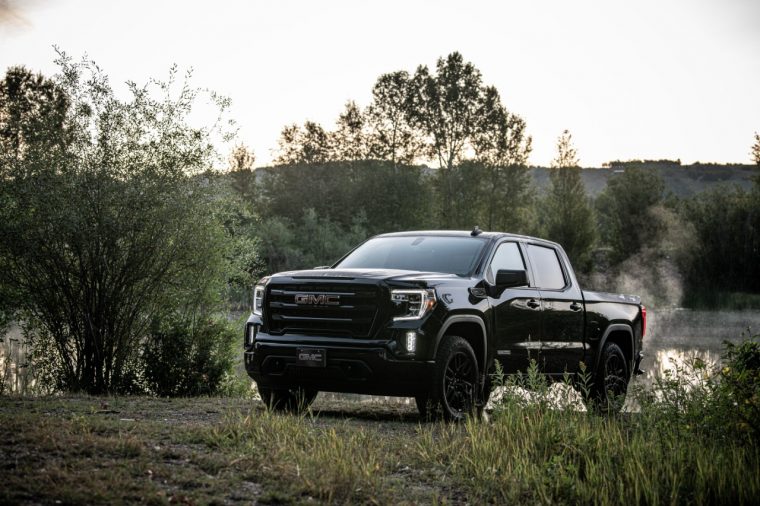Pros and Cons of an Independent Rear Suspension System

When browsing through off-road capable SUVs and trucks, you’ve probably encountered vehicles that sport an independent rear suspension system. This mechanical marvel boasts two springs which allow the wheels to move independently, without impacting the angle or position of the other wheel. This means you’ll get an exceptionally smooth ride in a vehicle with an independent rear suspension system. However, there are some drawbacks. Here are some factors to consider before you spring for this specialized suspension system.
Enjoy a Smooth Ride: Facts to know about tire maintenance
Advantages
Rough terrain: If you often drive on bumpy, irregular surfaces, you’ll maintain better traction with an IRS system. Rigid-axle vehicles, on the other hand, can easily lose contact with the ground. Since IRS vehicles maintain better contact on uneven surfaces, they also allow for more even tire wear.
Smooth ride: Independent rear suspension systems dampen the shock of one wheel hitting a bump or pothole. The impact is isolated to one wheel, not transferred to the whole vehicle through the axle. This allows for a smoother ride, especially for backseat passengers.
Cornering: While IRS systems are often associated with off-road vehicles, they’re also a boon for performance cars. That’s because they’re ideal for improving cornering performance.
Maintenance Matters: Mileage and maintenance guidelines for your vehicle
Disadvantages
Straight-line driving: While IRS systems are good for cornering, they can reduce straight-line performance. Since each wheel can independently lift from the road, it’s a little easier to lose traction with an IRS-equipped car. Furthermore, rear-wheel-drive vehicles with IRS systems can lose their driving power altogether.
Maintenance: IRS systems are complex. And with so many moving parts, it’s only a matter of time before some of them need repair, maintenance, or replacement.
Price: Since IRS systems require thoughtful engineering and complicated parts, they cost more than a conventional suspension system. Be prepared to shell out more money for a vehicle with IRS.

The News Wheel is a digital auto magazine providing readers with a fresh perspective on the latest car news. We’re located in the heart of America (Dayton, Ohio) and our goal is to deliver an entertaining and informative perspective on what’s trending in the automotive world. See more articles from The News Wheel.

